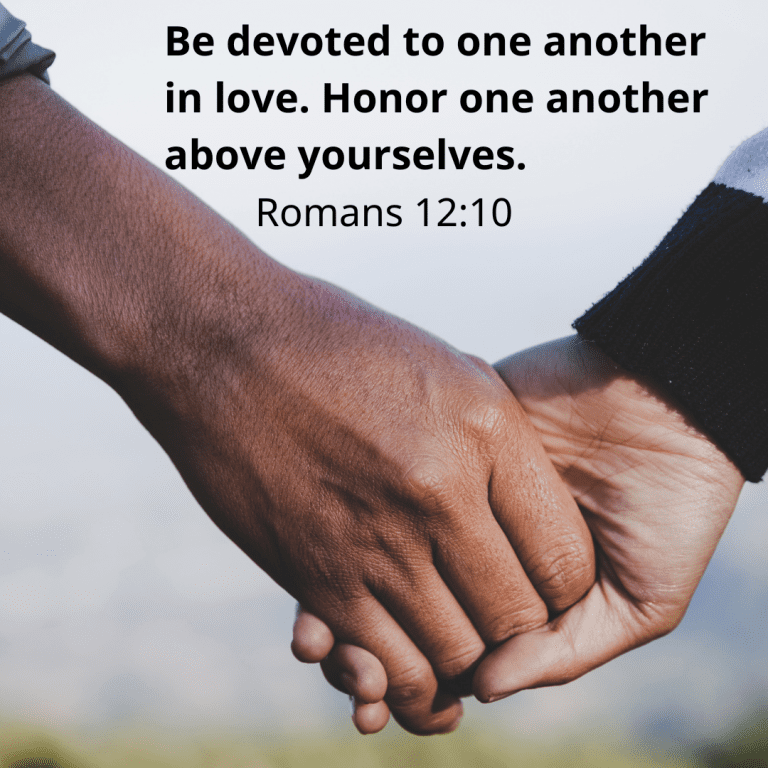aza 8
Ňči…ĹaŇčal ŇčeŠłŹi kw…Ēmne kweŠĻĮir irlici libayila lu
1 na ŇčeŠłŹi kw…Ēmne kweŠĻĮir irlici libayila lu; Ňčiri eyin eŠłŹaruŇčw, nyiŇča tatap ŇčeŠĻĮir zi elŇče Ňču. ŠĻĮilŇčiiŠłŹina ŠĻĮeŠĻĮeŠłŹi Ňčuma eŠłŹi ruzi kwizi kwere kwupa ki yey-na yuŇčwun, lakin na ŠĻĮam…Ĺa ŠĻĮinderta rerem ŠĻĮeŠĻĮeŠłŹi Ňčuma eŠłŹi duŇčgwuŇčgwazi lizi. 2 ma kwizi kwere aruŇčw, ŇčeŠĻĮinyjelŇče pa ta, nuŇčw zi ere keni elŇče kinna mac kaka ŇčeŇčguŇčw zi elŇče. 3 lakin muŇčw am…Ĺi kwere Allah, eŠĻĮi Allah elŇčece kwizi Ňčgwa t…Ēk.
4 na ŇčeŠłŹi eŠłŹne weŠĻĮir irlici libayila lu, eŠĻĮir zi elŇče nyiŇča eŠłŹaruŇčw, kla leŠĻĮir zi eca, libayil, liti liri kw…Ēmne kwere rerem mac; eŠĻĮir zi elŇče nyiŇča t…Ēk eŠłŹaruŇčw, na Allah witi wunani wir ter mac, na Allah or…Ē wutuput ŠĻĮu…Ĺuk, wir yilim. 5 kaka mer gwu keni nani kilerena ya ki ŠĻĮurmun-na rir rig…Ĺim, reŠĻĮir zi eca, libayil, ‚ÄĒkaka enir gwu ritezir, na kra reŠĻĮir zi eca, leleny, litezir t…Ēk‚ÄĒ 6 lakin ki yey-na yeri, na Allah nanni wutuput, wir Papa, kwuruŠłŹu gwu kw…Ēmne tatap, na eŠĻĮir naŇčni nyiŇča eŠłŹor…Ē luŇčwun, na Kweleny kwutuput ŠĻĮu…Ĺuk kweni Yecu Kwruztu; kwunderŠĻĮa kwum…Ē gi kw…Ēmne tatap or…Ē, na eŠĻĮir nanni nyiŇča t…Ēk Ňčundu Ňčgi.
ŠĻĮaŇčrica ŠĻĮeŠłŹi likwruztyan lajila ki ŠĻĮ…ômna
7 lakin nezi lizi tatap ere elŇčece Ňču mac. na l…Ēkw…Ē lim…Ē kw…Ēkwoce libayila lu kerreny, mer ye kw…Ēmne kwumer irlici libayila lu ta, eŠĻĮuŇčw eni wikiyaŠłŹizi rac, na rugwor reŇčen, rajila ki ŠĻĮ…ômna, eni rikiyaŠłŹa lu t…Ēk. 8 eŠłŹne wende weŠłŹi Ňčuma eŠłŹi ruzi nyuŇčwuzi lizaw ki yey-na yeŠłŹi Allah. mer ere eŠłŹne mac a kwende kweŠĻĮir ŠĻĮuzi kw…Ēmne kwere; na mer eŠłŹne ta, a kwende kweŠĻĮir ki…Ĺezi kw…Ēmne kwere. 9 lakin eŠĻĮaŇčraŠłŹa keni teter mindaŇč ma hurriya walu ere eŠłŹi zi ŠĻĮugwudazi kla lajila mac eŠłŹaki ŠĻĮay pir. 10 kaka ma kwere eze ŇčaŇčwu, kweni kweŠłŹi ŠĻĮilŇčiiŠłŹina, kwunani eŠłŹeŠłŹne ki bulu-na, Ňčwere ferle manya, kweni kwajila ki ŠĻĮ…ômna, mindaŇč muŇčw ye eŠłŹneya t…Ēk wumer irlici libayila lu? 11 Ňčwu ta, ŠĻĮilŇčiiŠłŹina ŠĻĮi t…ĒŇčwa ta, a kwor Ňčgwu kwajila ki ŠĻĮ…ômna, kiraŠłŹa lu, kwir aŇčgalu kwum…Ē Kwruztu eyzi. 12 ma …ôkici ŠĻĮaŇčwu liaŇčgalu lomori pu…Ĺcur, mezi kwu…ĹeŠłŹa rugwori reŇčen riti rifirli mac ki ŠĻĮ…ômna, eŠĻĮeni Ňča kw…ôkice KwruztuŇčw lomori pu…Ĺcur. 13 Ňčwu ŠĻĮaŇčwu, ma kw…Ēmne kwir eŠłŹne or…Ē kweŠĻĮi ŠĻĮugwudazi eŇčgeriŇčw eŠłŹaki ŠĻĮay pir ta, nyi kwiti kwokwony kwuye kw…Ēmne Ňčgwa ŠłŹuŠĻĮ, mindaŇč enyere ŠĻĮugwudazi eŇčgeriŇčw mac.
The Question about Food Offered to Idols
1 Now, concerning what you wrote about food offered to idols.
It is true, of course, that ‚Äúall of us have knowledge,‚ÄĚ as they say. Such knowledge, however, puffs a person up with pride; but love builds up. 2 Those who think they know something really don't know as they ought to know. 3 But the person who loves God is known by him.
4 So then, about eating the food offered to idols: we know that an idol stands for something that does not really exist; we know that there is only the one God. 5 Even if there are so-called ‚Äúgods,‚ÄĚ whether in heaven or on earth, and even though there are many of these ‚Äúgods‚ÄĚ and ‚Äúlords,‚ÄĚ 6 yet there is for us only one God, the Father, who is the Creator of all things and for whom we live; and there is only one Lord, Jesus Christ, through whom all things were created and through whom we live.
7 But not everyone knows this truth. Some people have been so used to idols that to this day when they eat such food they still think of it as food that belongs to an idol; their conscience is weak, and they feel they are defiled by the food. 8 Food, however, will not improve our relation with God; we shall not lose anything if we do not eat, nor shall we gain anything if we do eat.
9 Be careful, however, not to let your freedom of action make those who are weak in the faith fall into sin. 10 Suppose a person whose conscience is weak in this matter sees you, who have so-called ‚Äúknowledge,‚ÄĚ eating in the temple of an idol; will not this encourage him to eat food offered to idols? 11 And so this weak person, your brother for whom Christ died, will perish because of your ‚Äúknowledge‚ÄĚ! 12 And in this way you will be sinning against Christ by sinning against other Christians and wounding their weak conscience. 13 So then, if food makes a believer sin, I will never eat meat again, so as not to make a believer fall into sin.





